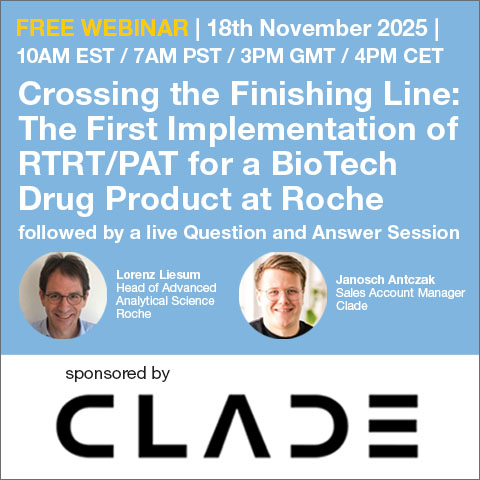GSK’s PIVOT-PO phase III study for tebipenem HBr stopped early for efficacy following review by data monitoring committee
Posted on June 2, 2025
GSK and Spero Therapeutics have recently announced that the pivotal phase III PIVOT-PO trial evaluating tebipenem HBr, an investigational oral treatment for complicated urinary tract infections, including pyelonephritis, will stop early for efficacy. The decision follows a recommendation from an Independent Data Monitoring Committee, based on a planned interim analysis of data from 1,690 patients enrolled in the study. If approved, tebipenem HBr would be the first oral carbapenem antibiotic for patients in the US who suffer from cUTIs, adding to GSK’s innovative anti-infectives portfolio and helping address the challenges of antimicrobial resistance.
This trial has met the primary endpoint of non-inferiority of tebipenem HBr compared to intravenous imipenem-cilastatin in hospitalised adult patients with cUTI, including pyelonephritis, on overall response (composite of clinical cure plus microbiological eradication) at the test-of-cure visit. The IDMC review did not identify any new safety concerns beyond what has been reported in other studies with tebipenem, with diarrhea and headache as the two most reported adverse events. GSK plans to work with US regulatory authorities to include the data as part of a filing in H2 2025. Full results will be submitted for presentation at an upcoming scientific congress and for publication in a peer-reviewed journal.
Tony Wood, Chief Scientific Officer, GSK, said: “Complicated UTIs can have a profound impact on patients and carry a high risk of clinical complications, including sepsis and septic shock. Currently many need hospital-based intravenous treatment due to limited oral options for drug-resistant infections, contributing to over $6 billion per year in US healthcare costs2. These positive results add to our growing anti-infectives portfolio and reinforce the potential of tebipenem HBr as an effective oral alternative taken at home”.
An estimated 2.9 million cases of cUTIs are treated annually in the US alone.1 These infections are often caused by multidrug-resistant pathogens and carry increased risk of morbidity and mortality. However the current standard of care includes carbapenem antibiotics, especially in case of sepsis and allergies or resistance to other antibiotics, but they are only available for IV administration. This results in significant emergency department visits and hospitalisations.
Esther Rajavelu, Chief Executive Officer, Spero Therapeutics, said: “We’re proud of today’s positive result for patients diagnosed with cUTI, including pyelonephritis, where oral treatments are much needed. We look forward to working with GSK on next steps for tebipenem HBr, and would like to thank the patients, investigators, and other clinical staff who have participated in PIVOT-PO trial to reach this advanced stage.”
The development of tebipenem HBr is supported in part with federal funds from the U.S. Department of Health and Human Services; Administration for Strategic Preparedness and Response; Biomedical Advanced Research and Development Authority (BARDA), under contract number HHSO100201800015C. It is GSK’s second anti-infective programme to be stopped early for efficacy in Phase III, following the EAGLE 2 and EAGLE 3 trials for gepotidacin in 2022.
Related Topics and Keywords
ASCO, GSK, PIVOT-PO phase III, r tebipenem HBr
Subscribe to our FREE newsletter and WEBINAR UPDATES
We will not sell or give your information to a third party. See our Privacy Policy

















